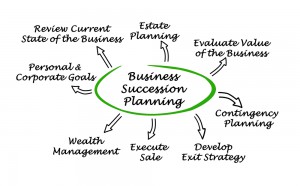Planning for the future in terms of your estate may also include putting together a place for friends and family together and share memories. On Facebook, this can be done by memorializing an account. 
It is imperative that you give someone the access details to your account or set up a memorial option so that someone else can manage your page if you were to pass away. This can allow bereaving family members and friends to have a place to remember good memories about you and to be able to heal through the process of saying good bye. Shared content will remain and remembrances can be added, but such a memorialized account does not appear on birthday reminders or the ‘People You May Know’ feature of Facebook.
A legacy account can be created – person who can respond to a new friend request, post a final message – although this person does not have the capability to alter past posts, read messages sent to friends or delete friends. Look into memorializing your Facebook account today if you believe this is the right step for you.


















